Families of missing want impartial probes
Associations of the families of missing persons are asking that the process of finding their loved ones be depoliticized, Beta reports.
Sunday, 30.11.2008.
16:03

Associations of the families of missing persons are asking that the process of finding their loved ones be depoliticized, Beta reports. This is what a conference in Belgrade dedicated to the problem of the missing from the 1990s wars in the territory of the former Yugoslavia heard on Sunday. Families of missing want impartial probes The regional conference adopted a statement demanding that the countries undertake measures to ensure impartial investigations in all the missing persons cases, as well as prosecute and punish the perpetrators of the crimes irrelevant of their ethnic background, along with ensuring a just reparation for the families of the victims. The associations gathered in Belgrade for a three-day conference organized by the ICMP, also asked relevant institutions, courts and prosecutions to intensify their activities in the search for the missing, and processing of all war crimes suspects in the region. "We demand that government commissions for the missing persons and other institutions make it their absolute priority to exhume known and located grave sites in the region, and re-exhume unknown burial places," the participants said, according to the Beta news agency. The associations called for laws on missing persons to be adopted "in Serbia as well as in Kosovo, and for Croatia to amend its laws regulating the rights of civilian victims of war". Bosnia, Slovenia and Serbia were also urged to sign bilateral contracts on information exchange and cooperation in the process of finding the missing. Olgica Bozinovic, who represents the families of kidnapped and missing Kosovo Serbs, said that an urgent meeting should be called, modeled after the Ohrid Conference, in order to determine the fate of the missing persons from Kosovo. Kathryne Bomberger, the director-general of the International Commission on Missing Persons (ICMP), told the participants that of the 40,000 people that disappeared during the armed conflicts in the former Yugoslavia, as many as 17,000 are still listed as missing. "Today in this region the issue of the missing persons, as well as the issue of the crimes against humanity, is one of the key questions," she said. The families, Bomberger continued, have the right to know what happened to their loved ones, and their governments must give them precise information about activities undertaken to discover the fate of the missing. "Governments must not bring politics and manipulation into this question, but must show political will in order to help the families of the missing, and establish sustainable institutions that can fulfill their obligations related to the search for the missing persons," the ICMP head said. Bomberger also explained that one of the priorities is to investigate all allegations about potential mass graves in the territory of the former Yugoslavia.
Families of missing want impartial probes
The regional conference adopted a statement demanding that the countries undertake measures to ensure impartial investigations in all the missing persons cases, as well as prosecute and punish the perpetrators of the crimes irrelevant of their ethnic background, along with ensuring a just reparation for the families of the victims.The associations gathered in Belgrade for a three-day conference organized by the ICMP, also asked relevant institutions, courts and prosecutions to intensify their activities in the search for the missing, and processing of all war crimes suspects in the region.
"We demand that government commissions for the missing persons and other institutions make it their absolute priority to exhume known and located grave sites in the region, and re-exhume unknown burial places," the participants said, according to the Beta news agency.
The associations called for laws on missing persons to be adopted "in Serbia as well as in Kosovo, and for Croatia to amend its laws regulating the rights of civilian victims of war".
Bosnia, Slovenia and Serbia were also urged to sign bilateral contracts on information exchange and cooperation in the process of finding the missing.
Olgica Božinović, who represents the families of kidnapped and missing Kosovo Serbs, said that an urgent meeting should be called, modeled after the Ohrid Conference, in order to determine the fate of the missing persons from Kosovo.
Kathryne Bomberger, the director-general of the International Commission on Missing Persons (ICMP), told the participants that of the 40,000 people that disappeared during the armed conflicts in the former Yugoslavia, as many as 17,000 are still listed as missing.
"Today in this region the issue of the missing persons, as well as the issue of the crimes against humanity, is one of the key questions," she said.
The families, Bomberger continued, have the right to know what happened to their loved ones, and their governments must give them precise information about activities undertaken to discover the fate of the missing.
"Governments must not bring politics and manipulation into this question, but must show political will in order to help the families of the missing, and establish sustainable institutions that can fulfill their obligations related to the search for the missing persons," the ICMP head said.
Bomberger also explained that one of the priorities is to investigate all allegations about potential mass graves in the territory of the former Yugoslavia.










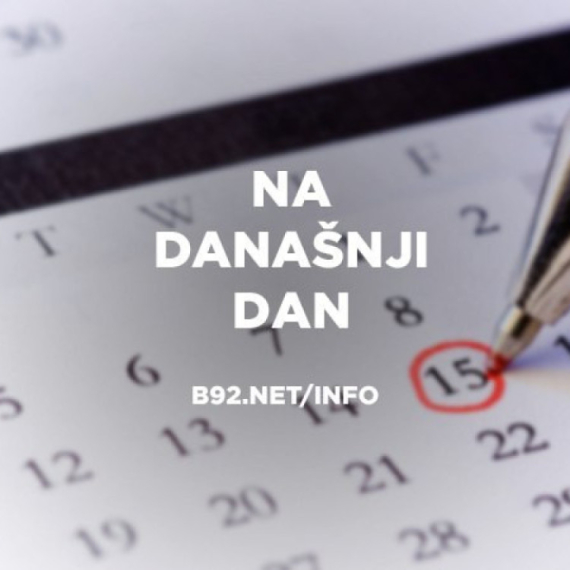
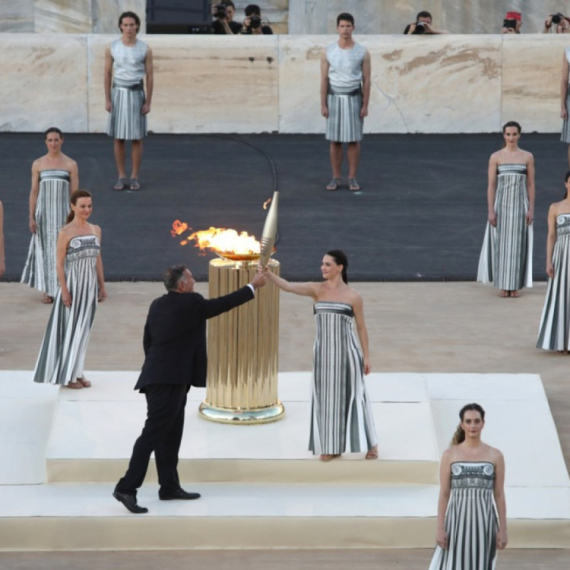
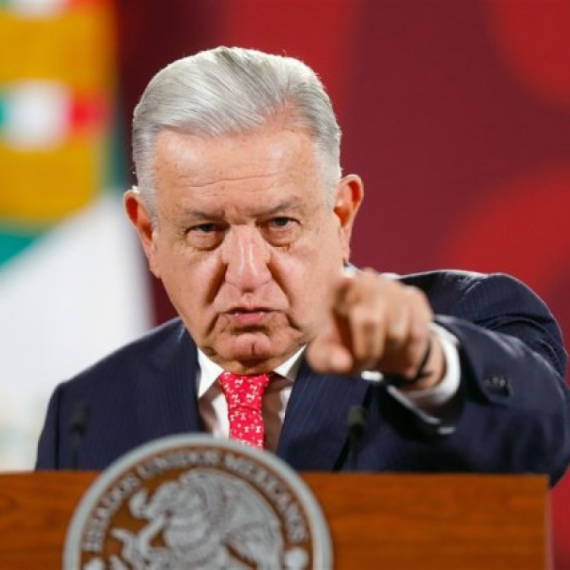



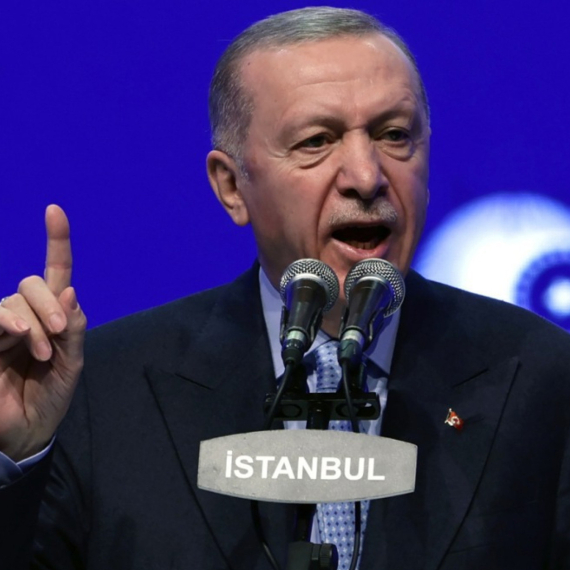




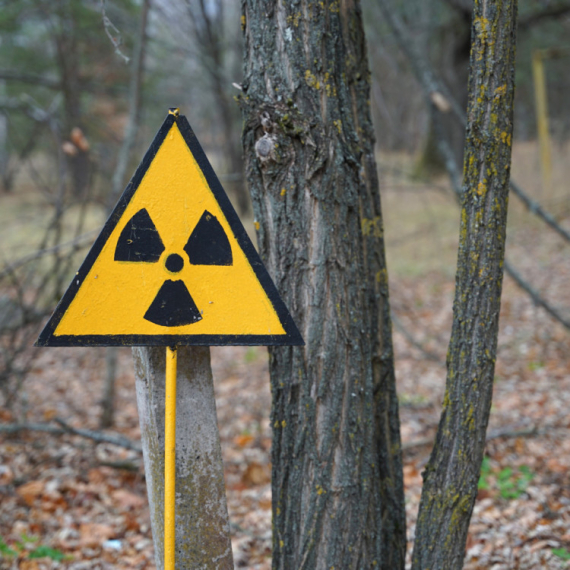





















Komentari 1
Pogledaj komentare